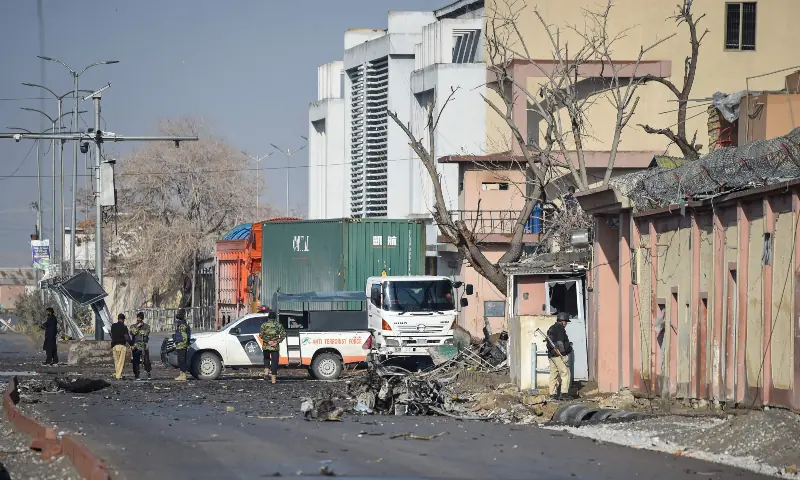Chinese maritime safety administration on Sunday has released notification of a military exercise to be carried around the Parcel islands; which the Vietnamese call the “Hoang Sa”. These Islands are disputed territory between China and Vietnam in the South China sea. According to a notification issued to sailors, the exercise will be held from July 1 to 5, the notification also stated that during this period civilian activity would be prohibited. The China Maritime Safety Administration’s website released “Qiong Air Police 0059” on June 27 to announce this exercise called Xisha Islands (Hoang Sa or Paracel Islands) conducted at the following points from 00:00 am on July 1 to 24:00 pm on July 5, 2020. This prohibition of citizen movement will affect the local sailors hence urging reactions from the Vietnamese government.
In a bid to maintain its influence in the area, the Chinese navy carries out this exercise every year. To improve its control on this area, the Chinese administration has announced the establishment of two new districts in the South China Sea, One in Paracels’ and the second in neighboring Sportily Islands.
These islands are reasons for a major dispute between China and Vietnam. Announcing new administrative districts has provoked Vietnam to take diplomatic steps. During a virtually called ASEAN meeting hosted by Vietnam on Friday, leaders of member states have expressed concern over Chinese measures in the region. The released statement of Chairmen ASEAN emphasized “the importance of maintaining and promoting peace, security, stability, safety, and freedom of navigation and overflight above the South China Sea.”
China claims South China Sea as a strategic area and has a core interest in maintaining its political control, which is why it has shown a firm stance in arranging and conducting military drills in this area.
The Chinese military exercise around the Paracel Islands continues to be a source of tension in the region, with Vietnam expressing its concerns over the prohibition of civilian activity and the establishment of new administrative districts. As diplomatic efforts persist, the situation underscores the complex dynamics and competing interests at play in the South China Sea. Efforts to ensure peace, security, and freedom of navigation remain paramount as regional stakeholders navigate these contentious waters.






